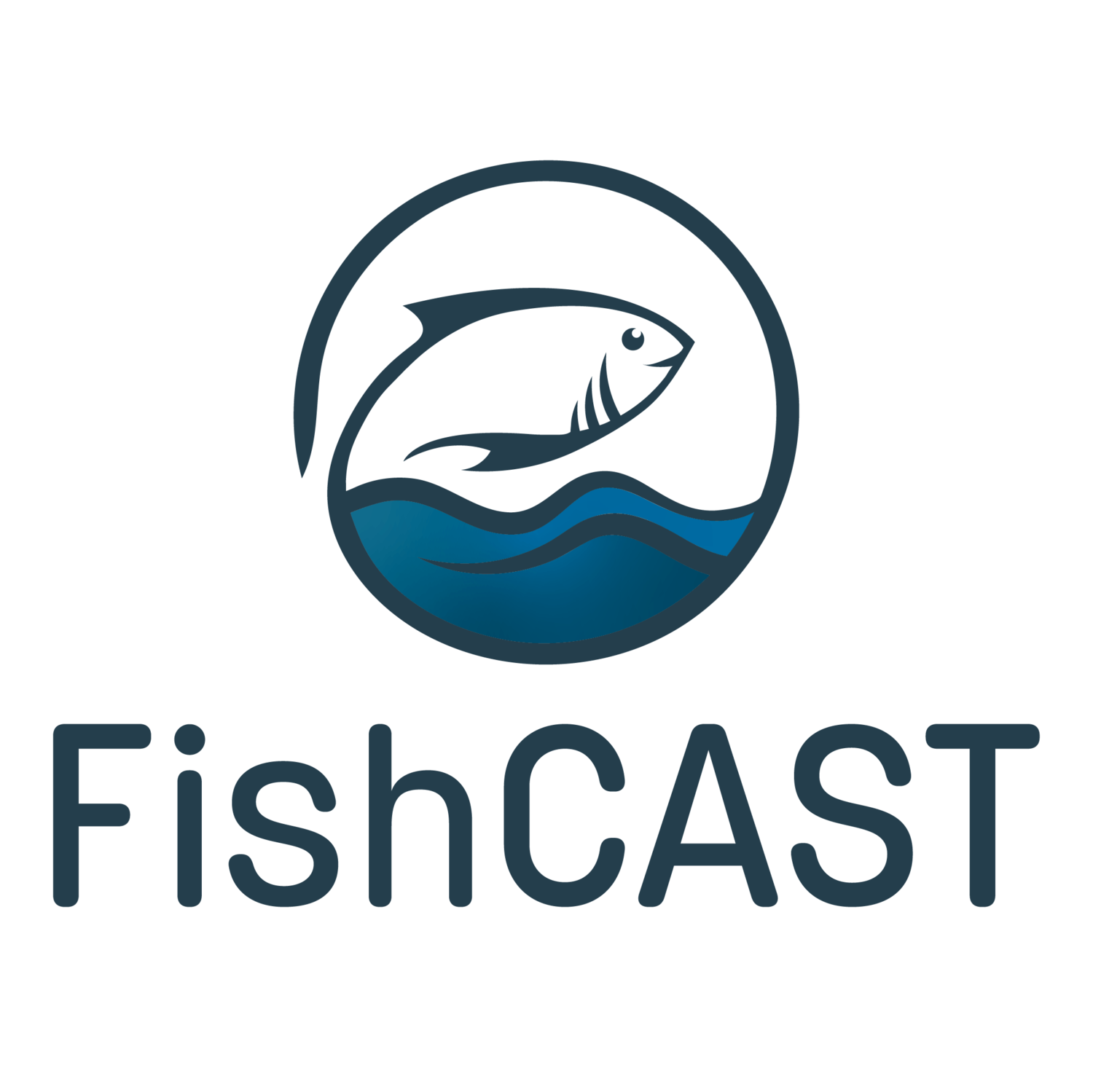FishCAST fosters Inclusivity and Networking at CCFFRSCL 2022
FishCAST is making waves! FishCAST, the sole NSERC-CREATE graduate training program in freshwater fisheries management and conservation in Canada, was awarded to the University of Windsor in 2020 under the banner of inclusive and partnership-driven training opportunities to empower the next generation of freshwater and fisheries researchers and practitioners.
The female-led team held its first networking workshop at the 2022 Canadian Conference for Fisheries Research co-hosted by Society of Canadian Limnologists (CCFFRSCL), in the Traditional Territory of the Coast Salish Peoples, or Vancouver, British Columbia this past February 24-27. CCFFRSCL is the eminent meeting for the fisheries and aquatic sciences community in Canada. The hybrid event entitled “Diversity in Networking: Creating Opportunities For All” was offered to all early-career practitioners (graduate students, postdoctoral fellows, research scientists and community practitioners) to gain an understanding of the importance of inclusive networking practices in the field to discuss actions that can lead to greater impacts for society as a whole.
Workshop organizers included University of Windsor members Drs. Christina Semeniuk, Director of FishCAST and EDI Chair of CCFFR, Dr. Catherine Febria, Associate Director of FishCAST and Director of Healthy Headwaters Lab and Kendra Thompson-Kumar, the FishCAST Program Coordinator- along with Dr. Andrea Kirkwood of Ontario Tech University, and EDI Chair of SCL. Dr. Christine Madliger, a FishCAST and UWindsor postdoctoral Fellow, was instrumental in facilitating the virtual online exercises.
Over 70 participants registered for the event, both in person and online, and engaged in a variety of network-building exercises. A dynamic hybrid plenary talk by Drs. Brooke Penaluna (U.S. Forest Services), and Ivan Arismendi (Oregon State University) brought to light robust quantitative research on the lack of diversity and inclusion in the American fisheries workforce with relevance to the Canadian and global landscapes. Dr. Penaluna presented data on the inequity that women and BIPOC scientists face in securing higher-level positions in academia and government, and the negative impact of non-inclusive research networks; Dr. Arismendi highlighted the benefits of building a diverse network to increase impactful collaborations in the fields of fisheries and aquatic science, and hints into how they might be better fostered.
Participants joined in relevant and meaningful discussion about diversity and inclusion dimensions in Canada, including responsibilities towards reconciliation with Indigenous Peoples. The day was filled with discussion and exercises exploring barriers and facilitators to building professional networks, building on their own lived experiences, and training. Participants commented on how inclusive, dynamic, and positive the meeting was for them, and for many who attended in person, they were able to participate in their first CCFFRSCL conference with peers and new friends that will continue to grow and expand throughout their careers.
The University of Windsor team is bringing the discussion and learnings back to the Faculty of Science where they will hold its annual International Women’s Day to screen the Plenary presentation and hold virtual roundtables to discuss issues of interest by current students and staff. Registration is open to all in the Faculty of Science here: https://tinyurl.com/uwindsor-iwd2022 .
FishCAST would like to thank NSERC and the University of Windsor for being a contributing sponsor to the Diversity Workshop, in particular, the Office of the Vice-President, Research and Innovation, GLIER, and the Department of Integrative Biology. For more information on FishCAST please visit https://fishcast.ca/.

